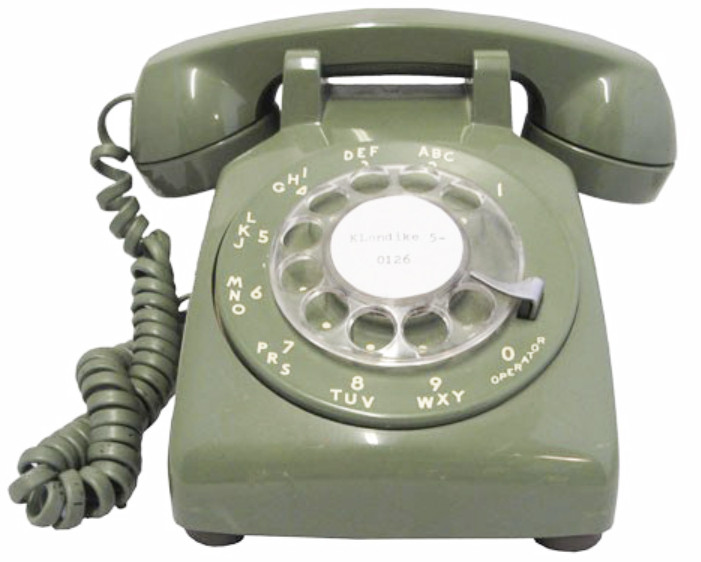
We’ve all heard it. It is the ubiquitous mantra piped through our telephone earpieces every time we call a corporate entity – after we have spent 10 minutes listening to repulsive muzak carefully chosen to induce the caller hang up to make the torment stop. Those stalwarts persistent enough to battle through the auditory torture are invited to press an interminable sequence of numbers, an arcane code, permitting them to enter into the hallowed presence of the loathed robotic voice.
At this point it has become clear that your call is not important. If it were, a human would be there to answer it. Or, after leaving a message, a human would call us back. But one doesn’t.
The message is a lie. The person reading it knows it is a lie. The corporation that wrote the script for the person to read knows it is a lie. We know it is a lie. They know we know it is a lie but the message drones on. As Alexander Solzhenitsyn put it about a regime that our Western world seems bent on emulating:
We know they are lying.
They know they are lying.
They know that we know they are lying.
We know that they know we know they are lying.
And still they continue to lie.
If you are wondering what prompted this: I called my bank branch today under the naive delusion that I might be able to speak to a person. Thus far, in spite of valiant persistence, my best efforts have been thwarted.
I even wrote a Google review to vent my frustration. I received a response from the Digital Care Team thanking me for bringing this to their attention because my feedback is important to them.
The trouble is, they are lying. They are not grateful, and my feedback isn’t important. They know they are lying, and they know that I know they are lying. And still they continue to lie.



 I’m not much given to visions or the dreaming of visions, but I did have this dream some time ago.
I’m not much given to visions or the dreaming of visions, but I did have this dream some time ago.
